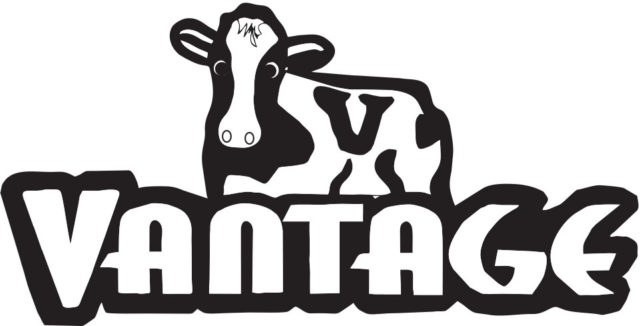It’s prom night, and I’m leading a colicky horse in circles. It’s not my horse. Before I had kids, I rode all the time, but now I hardly ride at all. So here I am, walking my son’s horse in circles. I imagine my kids in the grand march. Are their dates pretty or handsome? Are they acting like the ladies and gentlemen I hope they are? Were they crowned prom queen or king? I wouldn’t know … all because we are raising our kids with livestock.
Fair and youth rodeo seasons seem like a good time to ask: Why would any parent raise their kids around a barnyard of animals? Let’s go through the pros and cons.
First the cons. Working with livestock will completely consume your life. Your kids will have a well-rounded existence, but not you. Twice a day, they need fed. Waterers are automatic, not foolproof. Planning vacations requires hiring a farmhand. Before you had kids, you would vacation in places like Hawaii, San Francisco and Seattle. Now you vacation in places like Filer, Pocatello and Winnemucca. When your wife complains that you never vacation, don’t argue that your week in Winnemucca at a rodeo is a vacation – it is not.
The second con is more obvious: the money. Your mind will constantly scheme to generate cash. “Maybe I could sell a kidney? Is growing pot illegal in my state? Would I make more money if it is?” A friend recently asked if I write for Ag Proud – Idaho to pay for rodeo entries. The answer is yes, I do, but in reality, one article pays for one stall at the state finals. I don’t know where the rest of the money comes from.
Never do a cost/benefit analysis when you own livestock. Even if your kids have a market project, they aren’t making money. It is the most inefficient wealth transfer/tax avoidance scheme known to mankind. The best way to handle the cost is to find comfort with an empty wallet, muttering the lie of all livestock parents: “They’re only young once.”
The last con may be the most bitter: Animals die. If you choose a market animal, their project will masochistically end in certain death. But even with a dog or a horse, your child will outlive that animal. Am I the only parent that experiences a tremor of terror whenever I see an animal sunning itself in the pasture? Imagine if every time you took a nap, some idiot honks their horn until you lift your head as proof you’re alive.
After listing the cons, it seems obvious – who in their right mind would let their kids interact in any way with livestock? With your head and feet throbbing at the fair, you are questioning your life choices, but look at the pros to remember why.
The first pro is the most poignant: the confidence a child gains from interacting with an animal. I marvel at the stupidity of show steers. Why does a 1,500-pound prey animal willingly walk behind a 100-pound predator tethered with a thin strip of leather? I will never understand their compliance, but seeing the confidence of a child blossoming is worth the effort.
The same applies to a child riding a horse. Everyone with horses knows a horse could easily dislodge a child sitting in the saddle. Everyone including the child and the horse, but miraculously the horse and child work together. A child’s confidence will increase with every step. I don’t know how parents in the city teach their children confidence, but this is how kids raised around livestock learn.
The second pro is the other side of the coin: Livestock are the perfect instrument for teaching a child humility. I tell my kids that a human has never won a feud with a horse or a steer. Inevitably, they will start an argument, and the kid will end up where they belong … in the dirt. I never give them the satisfaction of an “I told you so” because the embarrassment and pain speak loudly enough.
And the humbling happens all the time. In training, in competition, at home, at a show, by yourself, in front of thousands of people, animals will humble you – sometimes for something you did, other times because they are animals, and they do whatever they want.
If your kids have the pleasure of showing their animals, they will work with stubborn and mindless creatures (and the animals can try their patience too). They will learn work ethic, responsibility, patience and resiliency. They will be elated, tired, sore, defeated and sad. They will cry, and that’s OK too. Whether they’re sad from losing a show or sad from losing an animal, it shows they care about something; they have discovered a passion. At my first fair as a parent, a grandparent gave me some advice: “If showing cattle is about raising steers, it’s a waste of time. If it’s about raising kids, it’s worth all the time in the world.” You should question the value of a barnyard of animals, but remember, the life lessons your child will learn from that barnyard is why we raise kids with livestock.

.jpg?t=1687982885&width=640)



